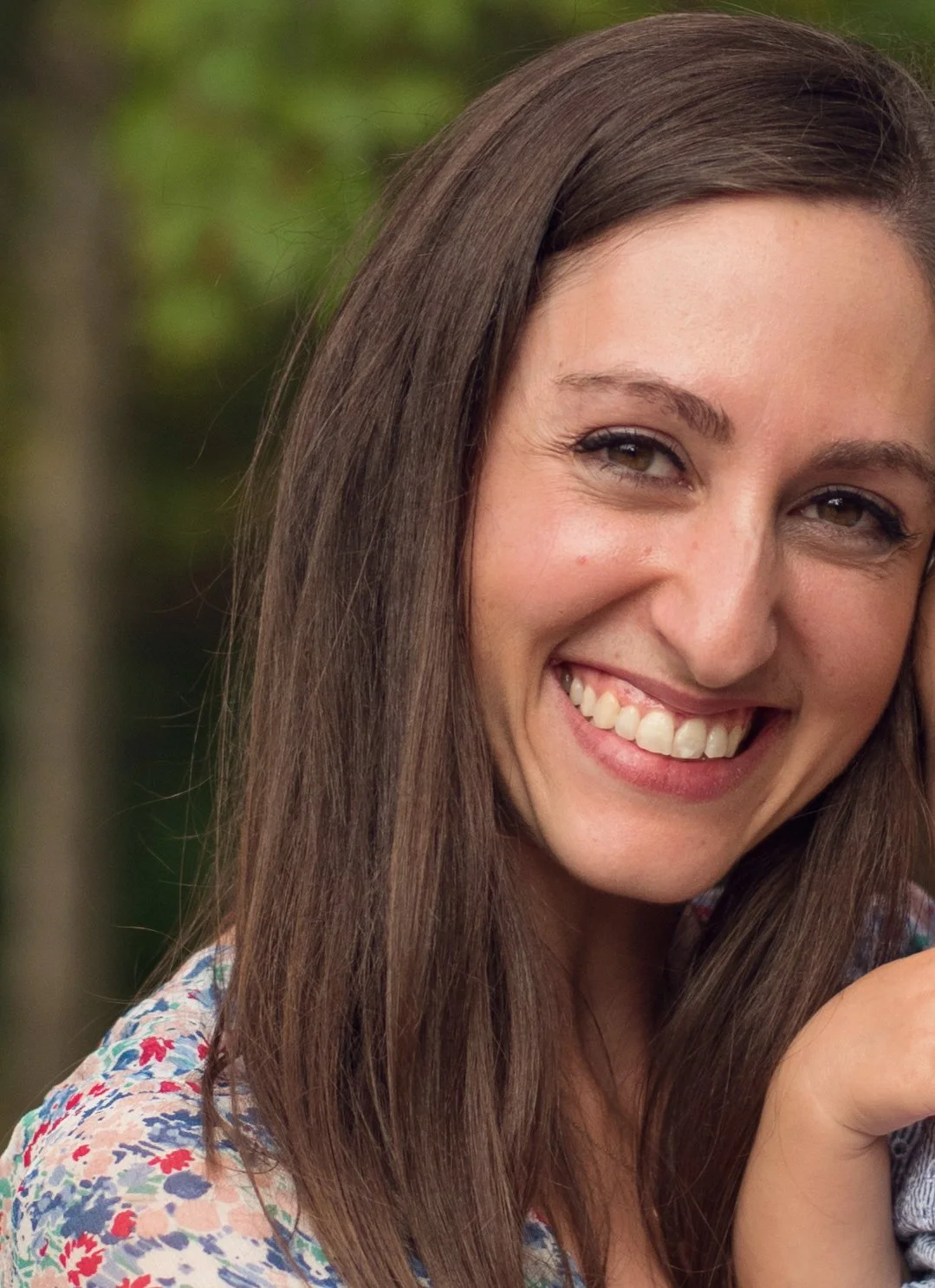Amy Briggs, Founder of Aviva
Names: Amy Briggs
Founder: Aviva
What's your elevator pitch? (Ie. In one sentence, what do you do?)
Aviva is an AI-powered virtual assistant app that gives parents their time back.
What's your story? Share how you got to where you are and WHY it is you do what you do.
As a pediatric speech pathologist, I've spent my career supporting children and families, witnessing firsthand the pressures of modern parenthood. Parents today are told to strive for an unsustainable level of perfection, often feeling like they’re falling short. These pressures trickle down to children; competing for attention in a world of endless tasks and digital distractions. I founded Aviva to change that. While I’ve always been a technology skeptic, I had a breakthrough moment—I realized AI could lighten parents' loads, not add to them. By intentionally shaping AI for good, I’m creating a tool that frees parents to be more present, connected, and joyful. This isn’t just about innovation; it’s about real, meaningful change for families.
What does BEING a FoundHer mean to you?
Being a FoundHer means joining a community of other female founders to share the journey, learn, and uplift the voices of women creating businesses.
How do you support other female founders and women in business?
I am a part of a female founder cohort, WMNTech Founders, from 1871. After graduating from the cohort, we all amplify and support one another's work, and meet to share resources and tools and support along the journey.
I also think critically about where my consumer and investment dollars go, knowing what I know about the funding disparity for female-founded businesses.
What are three podcasts you listen to that have helped you with your business?
A Day In Her Life
How I Built This
How'd She Do That
What is ONE BOOK that you would recommend every female business owner read?
The Lean Startup by Eric Ries.
What are the first five things that you did when you were starting your business?
1. Create a name
2. Create a legal entity
3. Set up business banking
4. Talk to founders and mentors to learn what I didn't know about the path ahead
5. Joined a women founders cohort
Who is someone who has helped change or shape your business for the better and what did they do to help you?
I got incredible advice from one of my first mentors, Bob Matteson, who encouraged me to build out a team of advisors. He encouraged me to think about areas of my business where I needed to grow and learn, and to build relationships with strategic advisors in each of those areas. This lens helped me take action and build out a team to learn from and share ideas among, which has been an invaluable source of growth and support as I've built Aviva.
What lesson or skill did you take with you from a prior job to help you succeed in your role today?
From my work as a pediatric speech pathologist, I take a deep understanding of the inner workings of families that I've been privileged to witness first hand. I have a unique lens on what life is really like for families behind closed doors, and I was able to build Aviva with intimate knowledge of my users and what they truly want and need.
What is something you do differently from the industry standard?
Aviva takes on the task of calendaring, email, and handles the whole job—soup to nuts. Unlike other tools in the space, Aviva isn't just designed to make the schedule more visible for families. It's designed to do the job of scheduling FOR families: to take this task fully off of parents' plates, working seamlessly from day one with no lift required from the user. We're going a step further by anticipating user needs, and thus taking on not just the tasks themselves, but the mental workload of doing them, and the stress, worry, and burnout associated with it.
What are three actionable tips you would give with other women who want to start a business or are just getting started?
1. Build community, don't go it alone! Founding can be lonely and isolating, and finding a group of fellow founders to share ideas with who really understand what your role is like is invaluable.
2. Trust your gut. At the end of the day, you're going to get a lot of varying advice, and your intuition as a founder is what aligns your work, vision, and purpose.
3. Carve out time that you commit to working only on your business, and hold that boundary.
Do you want to share your story and advice with the Dear FoundHer… community? CLICK HERE to submit your information.
Follow us on Instagram @dearfoundher and join our Facebook community for more conversation.
Make sure you tune in to Dear FoundHer… for new episodes every Tuesday and Thursday.


